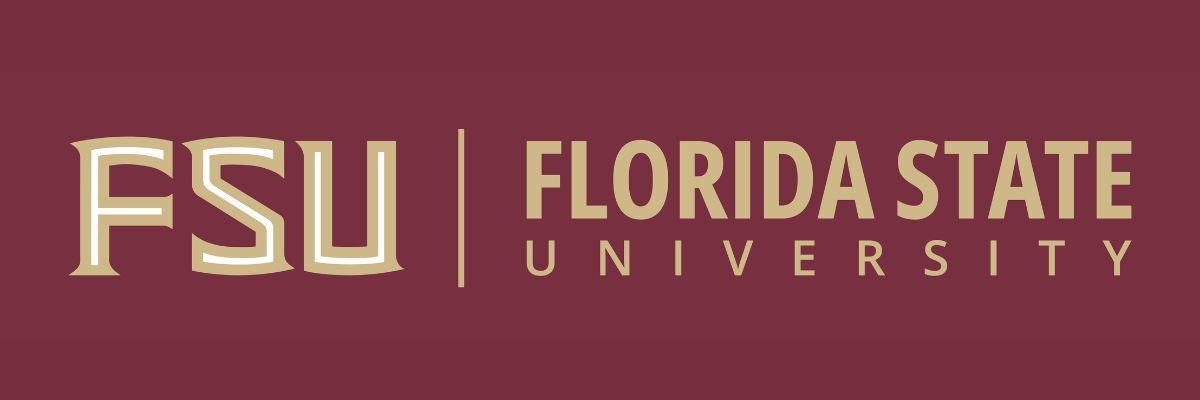Join the Fall Faculty Reading Groups

This message has been approved by Leslie Richardson, director of the Center for the Advancement of Teaching, for distribution to faculty and staff.
This semester the Center for the Advancement of Teaching is offering the following faculty reading groups. Each group will meet once a week for three weeks to discuss the books in sections. We hope you can join us!
To register please visit Fall 2024 Faculty Reading Groups.
Relationship-Rich Education: How Human Connections Drive Success in College
Wednesdays: Sept 11, Sept 18, and Sept 25
1:30 to 3 p.m. in Stormier Library's Graduate Conference Room 0005B
Print copy, delivered through interoffice mail
Peter Felton and Leo M. Lambert argue that education is not merely a series of transactions, but instead, an opportunity for students to form meaningful relationships that are vital not only to their academic success but also to their sense of belonging and self-discovery. They explain that social connection and belonging are not just pleasant extras in college, but prerequisites for learning, especially for powerful learning. The book provides examples and strategies for how institutions can foster richer learning environments, and the reading group will discuss ways we can shape our teaching to cultivate community and connection in our classrooms. Click here to explore the book.
How Learning Works: Eight Research-Based Principles for Smart Teaching
Fridays: Sept. 20, Sept. 27, and Oct. 4
1 to 2:30 p.m. in Dirac Library Conference Room
Print copy, delivered through interoffice mail
The newly updated edition of this important book translates decades of scientific literature into practical advice, introducing eight general principles of how people learn. The authors draw on cognitive, developmental and social psychology, as well as education research, anthropology, etc. The discussion spans issues from memory to motivation, integrating theory with real classroom examples. Participants will develop strategies for strengthening their own teaching through the application of these principles. Click here to explore the book.
The Spark of Learning: Energizing the College Classroom with the Science of Emotion
Tuesdays: Sept. 24, Oct. 1 and Oct. 8
1 to 2:30 p.m. in 432 Diffenbaugh
Print copy, delivered through interoffice mail
Most of our preparation for teaching (both our training and our planning) focuses on the content and the thinking students need to do, but Sarah Rose Cavanagh reminds us that learning is a highly emotional process. Anxiety and fear hamper learning, while powerful positive emotions can enhance it. Cavanagh offers concrete strategies for harnessing the power of emotion to galvanize learning. Click here to explore the book.
Engaging in the Scholarship of Teaching and Learning: A Guide to the Process, and How to Develop a Project from Start to Finish
Thursdays: Sept. 26, Oct. 3 and Oct. 10
1:30 - 3 p.m. in 204A LOV
Print copy, delivered through interoffice mail
Even if you’re not familiar with the scholarship of teaching and learning (SoTL)—a form of classroom research that can be done by faculty in any discipline—you may already be doing it. When you spot an issue in your teaching, generate a possible solution, and collect student data to see if the solution works, you’re engaging in SoTL informally. In this reading/working group, participants will learn approaches to doing SoTL more formally so that they can share their findings with a wider audience. In addition to learning about the process of doing SoTL, participants will actually get to engage in that process by designing a hypothetical or real project with support from the group. Beginners are very welcome! Click here to explore the book.
Intentional Tech: Principles to Guide the Use of Educational Technology in College Teaching
Wednesdays: Oct. 9, Oct.16, and Oct. 23
1:30 to 3 p.m. in Dirac Library Conference Room
Print copy, delivered through interoffice mail
Intentional Tech: Principles to Guide the Use of Educational Technology in College Teaching by Derek Ruff explores how educators can thoughtfully integrate technology into their teaching practices to enhance student learning. Bruff provides practical strategies and real-world examples that emphasize intentionality and pedagogical purpose. Whether you're a tech enthusiast or a cautious adopter, Intentional Tech offers valuable perspectives to help you navigate the evolving landscape of education technology. Let's gather, discuss, and discover new ways to make our teaching intentional and impactful with educational technology. Note: AI tech was intentionally used in producing this blurb! Click here to explore the book.
Make it Stick: The Science of Successful Learning
Fridays: Oct. 11, Oct. 18 and Oct. 25
1 to 2:30 p.m. in Dirac Science Library Conference Room
Print copy, delivered through interoffice mail
In Make it Stick: The Science of Successful Learning, Brown, Roediger, and McDaniel assemble the most important current research on learning, to deliver "highly effective, evidence-based strategies to replace less effective but widely accepted practices that are rooted in theory, lore, and intuition." It turns out that much of our intuition about learning is misleading: this book group will focus on using the research to develop more effective learning strategies for our classrooms. Click here to explore the book.
